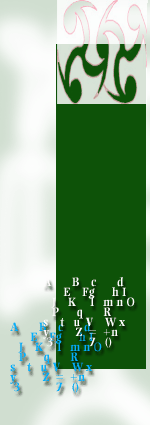|
One of the most fascinating aspects of the descriptive analysis of any speech act is the insight it provides about the social
structure and value system of any speech community. So, in studying apologies or complaints , for example, one learns what
members of the speech community consider to be appropriate and what is not. In this regard, the study of complimenting is
of or extreme interest, since one is immediately confronted with the cultural assumptions upon which such expressions of
approval are based.
It is, then, from this view that we are going to examine complimenting behavior in the Marrakeshi
context, focusing in particular on the question of whether there are differences in the way women and men use complimenting.
It is to be stated here that we have chosen the Marrakeshi speech as a representative of the Moroccan one, and that in this
paper, the complimenting behavior is investigated on one particular day: the day of LAid Sghir .
This paper is divided into two major parts: a theoretical background and a practical part. The former one will be devoted
to a general discussion of complimenting as defined by many sociolinguists. The first chapter of this part will be concerned
with the functional properties of complimenting, with focus on the underlying cultural values that are expressed by complimenting.
The second chapter will deal with some sociolinguistic aspects of complimenting including types of complimenting, compliment
responses, and more importantly the effect of sex of both speaker and addressee on frequency, type, and even syntactic and
lexical choice of complimenting.
As for the practical part, it will be devoted to the study of complimenting in
the Marrakeshi context. For this purpose, we have opted for the direct observation method in order to collect data. This part
is divided into two chapters. The first one is devoted to the description of the findings, which are revealed by the data;
the second discusses the findings in the light of what we advanced in the previous part and also from our knowledge of the
world.
|


